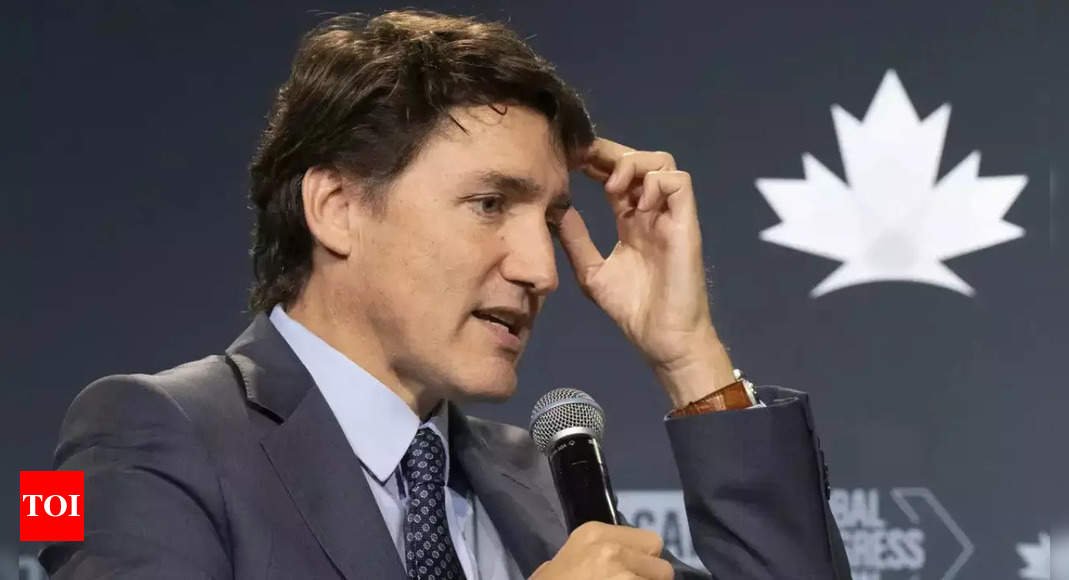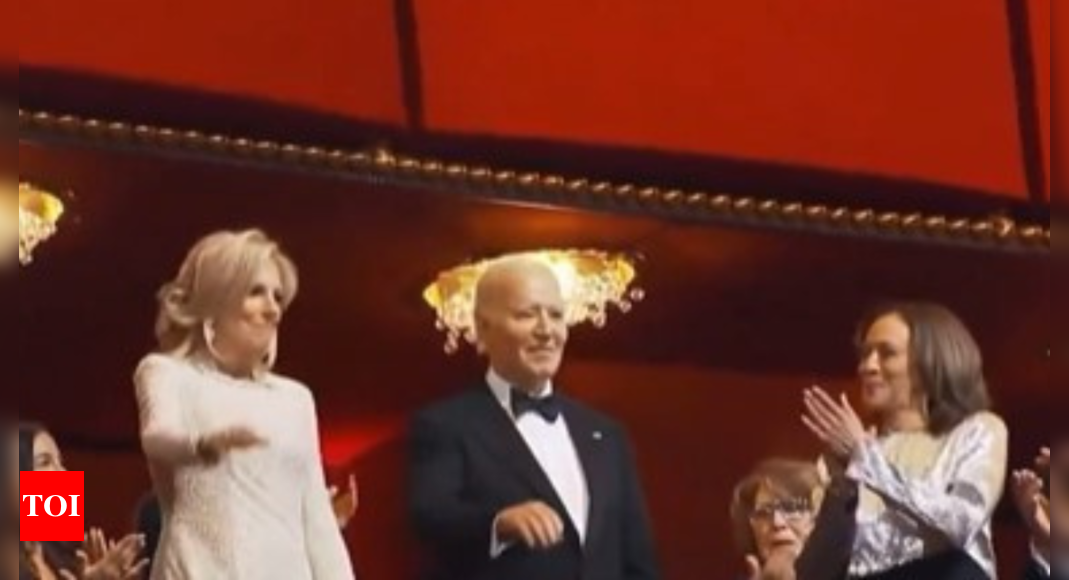Trudeau’s Khalistan Stance Risks Canada-India Relations

Internal Revolt and Rising Tensions
Calls for Canadian Prime Minister Justin Trudeau’s resignation are growing louder, fueled by unrest within his own Liberal Party. This internal revolt comes at a time when diplomatic relations between Canada and India are strained, largely due to Trudeau’s handling of the Khalistani separatist issue.
Beyond political discord, Trudeau faces a graver risk — steering Canada onto a trajectory reminiscent of Pakistan’s experience. By allowing Khalistani extremism to flourish, experts warn Canada may be heading down a dangerous path that could spiral out of control, much like Pakistan’s failed strategy of fostering militant groups for geopolitical gains.
The Pakistan Parallel: A Warning Ignored
Pakistan’s history serves as a cautionary tale. The state once nurtured militant groups like Lashkar-e-Taiba and the Taliban, hoping to use them as strategic tools against India and in Afghanistan. Over time, these groups became uncontrollable, turning against the very state that had supported them. Former U.S. Secretary of State Hillary Clinton’s words still echo: “You can’t keep snakes in your backyard and expect them to only bite your neighbor.” This analogy may apply to Canada if it continues to tolerate the Khalistani separatist movement.
Short-Term Gain, Long-Term Risk
Trudeau’s political calculus may seem shrewd at first. His partnership with Jagmeet Singh’s New Democratic Party has helped keep his minority government in power. The Sikh community, despite its small numbers, holds significant influence in key electoral districts due to its concentrated presence. However, this alliance has come at a high cost.
India has voiced repeated concerns that Canada has become a hub for Sikh extremism. The strained relations between the two countries have now reached a breaking point, marked by diplomatic expulsions and heightened rhetoric. Even more troubling, Trudeau recently admitted in a public inquiry that his accusations against India lacked hard evidence, based mainly on murky intelligence.
Khalistani Network: More Than a Separatist Movement
The Khalistani network extends far beyond ideological ambitions; it is a sophisticated transnational criminal enterprise involved in activities ranging from drug trafficking to money laundering. This dark underbelly came to light as far back as the 1990s when Canadian authorities connected gang-related violence to Khalistani groups involved in drug trade. More recently, in 2023, Indian-origin journalists in Canada faced violent attacks for speaking out against Khalistanis, with little intervention from law enforcement.
Trudeau’s Reluctance to Act
Despite these alarming developments, Trudeau’s administration has shown little inclination to confront the growing threat of Khalistani extremism. Once included in Canada’s annual public reports on terrorism, mentions of Khalistani extremism have mysteriously disappeared, allegedly due to political pressure from the influential Sikh lobby.
This soft stance eerily mirrors Pakistan’s leniency toward extremist factions. As Pakistan grapples with the consequences of its decisions, Canada risks falling into a similar trap if it fails to recalibrate its policies. Emboldened by perceived protection, Khalistanis could soon direct their violence inward. Indo-Canadians, particularly journalists and business owners, have already become targets of intimidation, with limited action taken by law enforcement.
Diplomatic and Economic Fallout
India, a global economic powerhouse and key player in geopolitics, has made it clear that it will not tolerate Canada’s ambiguity on terrorism. The expulsion of Canadian diplomats by India marks just the beginning of a potential diplomatic crisis. If relations continue to sour, Canada’s economic interests are also at risk.
In 2022, Canada exported goods worth $3.8 billion to India, but those figures are expected to plummet if the standoff continues. Additionally, with India emerging as a critical link in global supply chains, Canada risks being sidelined in crucial trade deals within Asia.
Voices of Discontent
Liberal MP Sean Casey recently acknowledged that Trudeau’s leadership is becoming a liability for voters in his constituency. “The people I represent have tuned him out. They’ve had enough; they want change,” Casey said. His comments reflect growing dissatisfaction within the party over Trudeau’s foreign policy missteps.
India’s Ministry of External Affairs (MEA) echoed this sentiment, stating that Canada has failed to provide any evidence supporting its allegations against India. “The responsibility for the damage to India-Canada relations lies solely with Prime Minister Trudeau,” the MEA declared.
A Growing Call for Change
Pressure on Trudeau to step down is mounting from within his own party. Liberal MPs, including Sean Casey, are voicing concerns not just about domestic failures but also about the looming foreign policy crisis that Trudeau has created. As public dissatisfaction grows, it’s becoming increasingly clear that the Prime Minister may soon have to face a political reckoning.





